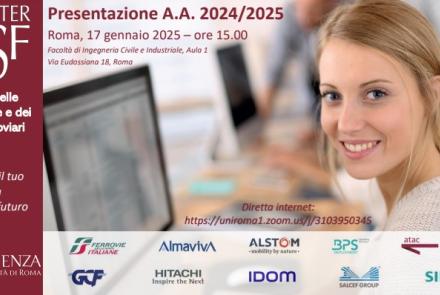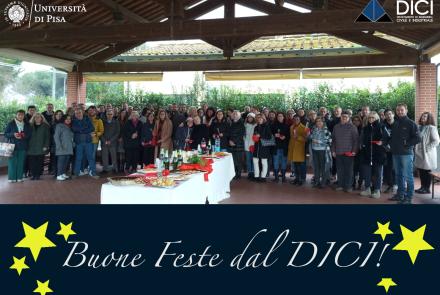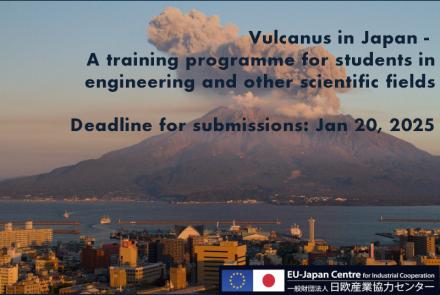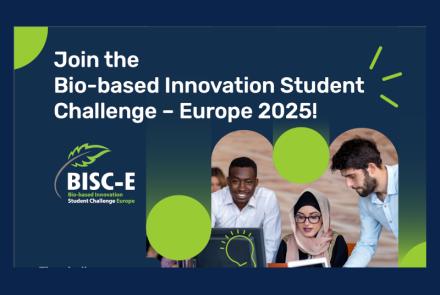RECOVER
Development of innovative biotic symbiosis for plastic biodegradation and synthesis to solve their end of life challenges in the agriculture and food industries
Start date 1 June 2020
End date 31 May 2024
Project cost € 5 767 400,72
Project funding € 4 399 362,59
UNIPI quota € 403 312,50
Call title H2020-BBI-JTI-2019
Funding scheme BBI-RIA - Bio-based Industries Research and Innovation action
UNIPI role Partner
Project website: https://recover-bbi.eu/
Principal investigator: Patrizia Cinelli
RECOVER is a disruptive RIA proposal built upon the actual needs to solve the contamination of agro-fields with non-biodegradable agro-plastics as well as to improve municipal waste handling by decreasing drastically the packaging fraction going to unsustainable waste management routes.
We intend to reach our ambitious objectives applying biotech solutions that will include symbiotic bioprocesses between previously reported high powered microorganisms through microbiotic systems vectored by several insect species. Indeed, one of the main innovations in our proposal is the combination of endogenous and exogenous microorganisms and their inoculation on insects. This will allow achieving higher levels of biodegradation and direct conversion (at the same time) of agri-food plastic wastes in insect by-products such as chitin, that can be converted in chitosan (high value as bioplastics raw materials and other interesting industrial applications due to anti-microbial activity) that will be used in active packaging, enhanced mulching films and biofertilizers applications.
RECOVER will help providing novel biotechnological solutions applying microorganisms, enzymes and insects to degrade conventional plastic packaging and agricultural films waste streams but also result in new feedstocks for the bio-based industries. The process will be optimized and performed either ex-situ in composting reactors (preferred route for non-recyclable plastics from municipal solid waste or for agricultural films that can be collected easily) or in-situ in the case of bioremediating soil pollution, by e.g. mulching films, further contributing to the long-term removal of non-biodegradable polymers from the environment. In addition, RECOVER can solve the microplastics pollution at the level of both industrial composting and soil.
Coordinator
UNIVERSIDAD DE ALMERIA, Spain
Participants
- UNIVERSITA DI PISA, Italy
- ASOCIACIÓN AGRARIA DE JÓVENES AGRICULTORES, Spain
- BRUNEL UNIVERSITY LONDON, United Kingdom
- UNIVERSIDAD MIGUEL HERNANDEZ DE ELCHE, Spain
- FACHHOCHSCHULE ALBSTADT-SIGMARINGEN, Germany
- NATURPLAS PLASTICOS AGRICOLAS SL, Spain
- ASA SPEZIALENZYME GMBH, Germany
- NUTRINSECT SRL, Italy
- IRIS TECHNOLOGY SOLUTIONS, SOCIEDAD LIMITADA, Spain
- ORGANIC WASTE SYSTEMS NV, Belgium
- IDELUX ENVIRONNEMENT, Belgium
- FEMTO ENGINEERING SRL, Italy
- INGREDIENT ODYSSEY, LDA, Portugal
- CARTON BROS, Ireland
- ENCO SRL, Italy
- SOCIEDAD ANONIMA AGRICULTORES DE LAVEGA DE VALENCIA, Spain

